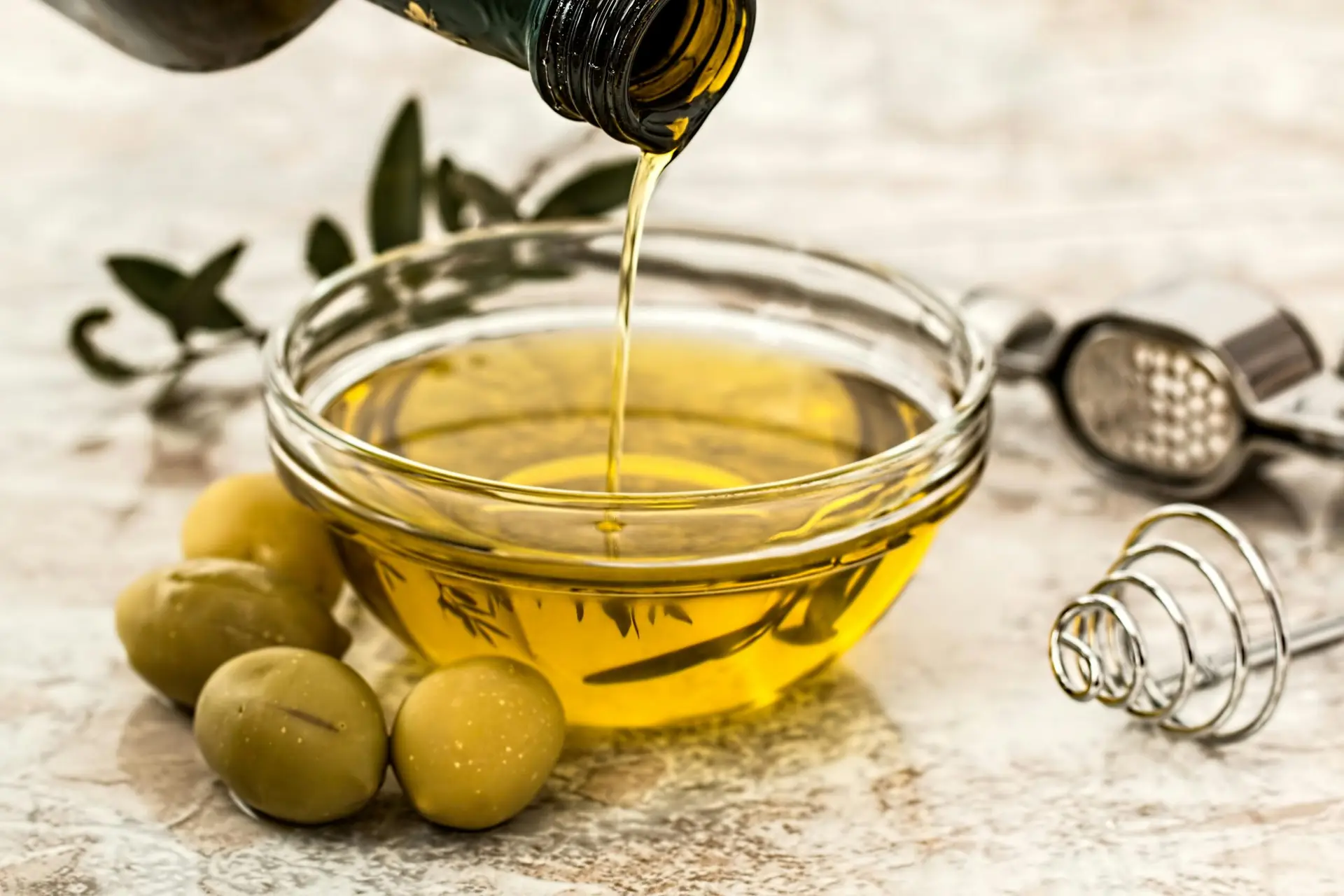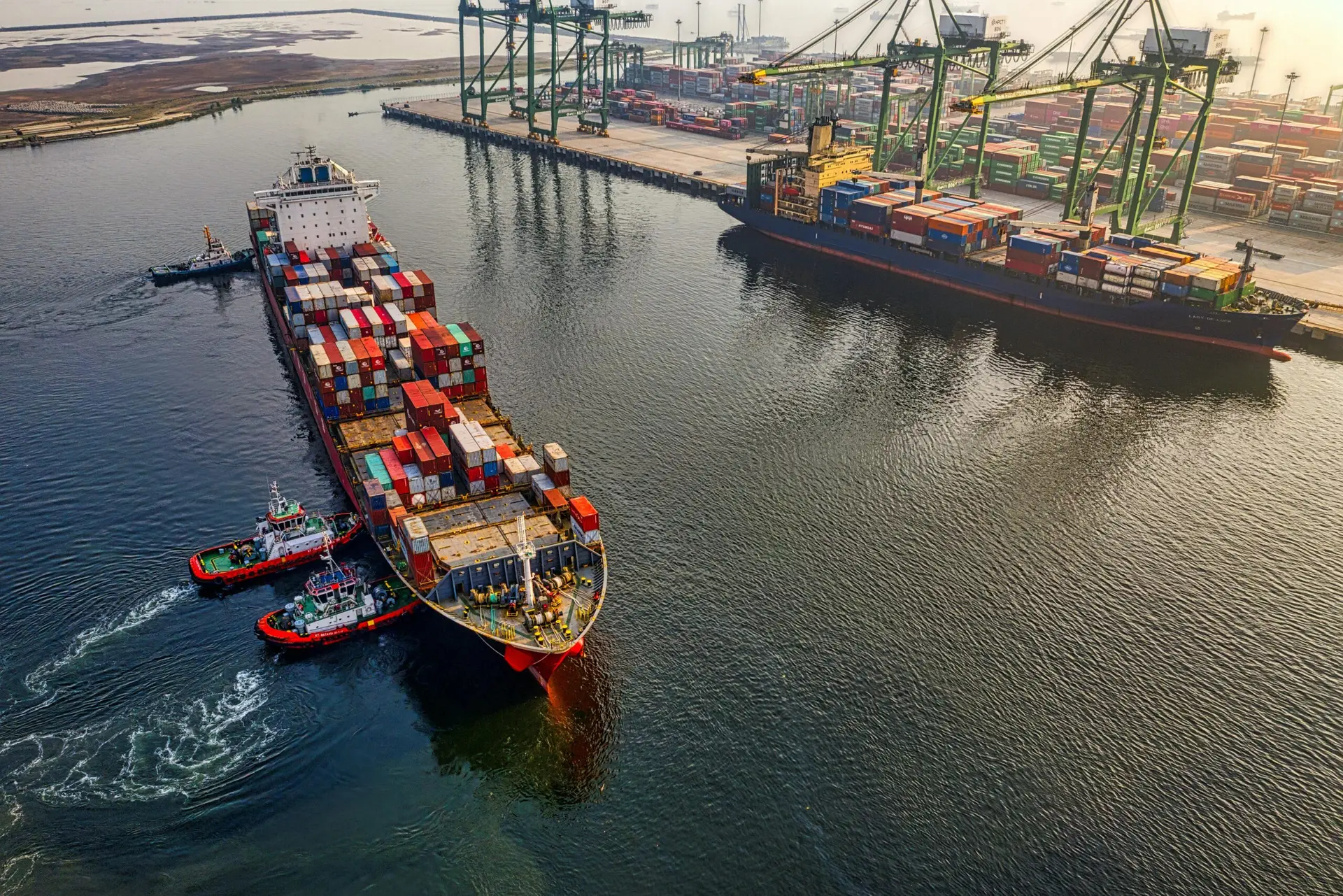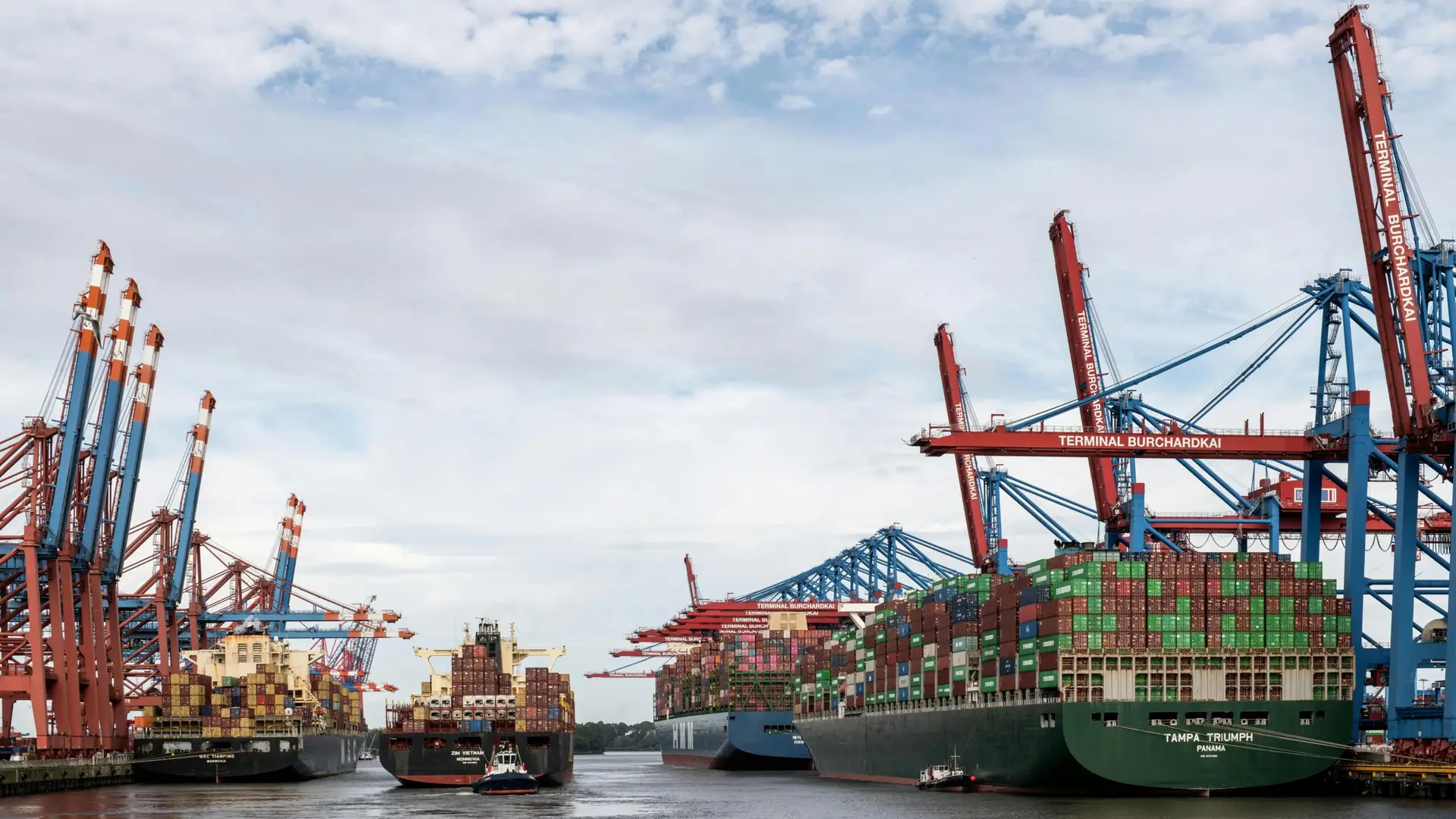Olive oil is much more than a versatile ingredient in the kitchen — it has been part of human food history for over 6,000 years. With deep roots in Mediterranean culture, it has conquered the world, including Brazil, where it has increasingly gained space in recipes and on the everyday table.
But recently, many consumers have encountered something even more bitter than poorly stored extra virgin olive oil: the price. If you've noticed you're paying much more for a bottle of olive oil, it's not just your imagination. And in this text, we will explain what's behind this increase, how Brazil positions itself in this market, and what has changed with the new import policy.
A global crisis in the olive groves
Between 2021 and 2023, countries in Southern Europe — especially Spain, the world's largest olive oil producer — faced one of the worst droughts in recent history. The impact was devastating: Spanish production plummeted by 60%, falling from 1.5 million to just 600,000 tons of olive oil.
With less supply on the market and stable global demand, prices soared. In 2024, the product accumulated an increase of almost 50%, turning olive oil into an almost luxury item in many countries, including Brazil.
Brazil consumes, but does not produce
Despite being one of the largest agricultural producers in the world, Brazil has a modest olive oil production. This is because the olive tree requires very specific climatic conditions: cold winters without severe frosts, dry summers, and low humidity — a profile that only some Brazilian regions offer, such as Rio Grande do Sul and the Serra da Mantiqueira.
As a result, the country imports about 99.7% of the olive oil it consumes. In 2024, these imports amounted to US$ 780.5 million — a 32% increase in value, even with a drop in the volume imported. This means we are buying less but paying much more.
Portugal, Spain, Chile, Italy, and Argentina are the main suppliers of the product to Brazil.
Tax reduction: an attempt to contain the rise
To try to contain prices on the shelves, the Brazilian government announced in March 2025 a reduction in the import tax on olive oil: from 9% to 0%.
The measure is part of an emergency package that reduced tariffs on 11 foods considered essential, seeking to increase domestic supply and alleviate inflationary pressure on consumers.
The good news is that the olive oil harvest at the end of 2024 already shows signs of recovery. Global production in 2025 is expected to reach 3.1 million tons, a 23% increase compared to the previous year. If this is confirmed, there is a real chance that prices will fall again.
How does olive oil import work in Brazil?
Anyone wishing to import olive oil to take advantage of market opportunities needs to follow a series of rules, mainly those established by the Ministry of Agriculture and Livestock (MAPA). Among the mandatory procedures are:
• Importer registration with MAPA;
• Import license (LI or LPCO);
• Labeling in accordance with Brazilian legislation;
• Laboratory tests to ensure product quality.
The process can be expedited if the importer presents a certificate of analysis issued by a laboratory accredited in the country of origin. In addition, well-planned international logistics are essential: olive oil must be transported in ideal conditions, away from light and heat, to maintain its quality and flavor.
The Brazilian market still has a lot of room to grow
Even with the constant growth in consumption in recent decades, Brazilians still consume little olive oil compared to other countries. Per capita consumption is around 400g per year, while in Greece it exceeds 11kg per person!
In other words, in addition to being a promising market, Brazil still has great potential to develop its own olive oil culture — both in production and in more conscious and informed consumption habits.
Conclusion
The olive oil scenario shows how climate, geopolitics, and the global economy can directly affect what reaches our plates. The tax reduction is an important step, but we still depend on international production that is vulnerable to the planet's changes.
Meanwhile, for those who import or consume, the secret lies in seeking information, quality, and, who knows, supporting the small national producers who are gradually building a stronger and more authentic Brazilian olive oil market.
Avoid mistakes when importing!
Having a specialized import consultancy can save you from many future risks. See what Genco Import & Export can do for you:
- Sourcing your product to find the best value for your product.
- Simulating all costs before you embark on this journey.
- Negotiating values with suppliers, freight forwarders, and customs brokers.
- Unifying all documents. Less headache for you!
- Closing the exchange rate for your process.
- Conducting inspections and issuing complete reports for your follow-up.
And much more!
Count on Genco for the best advisory for your imports.
Contact us and learn more about our services!




